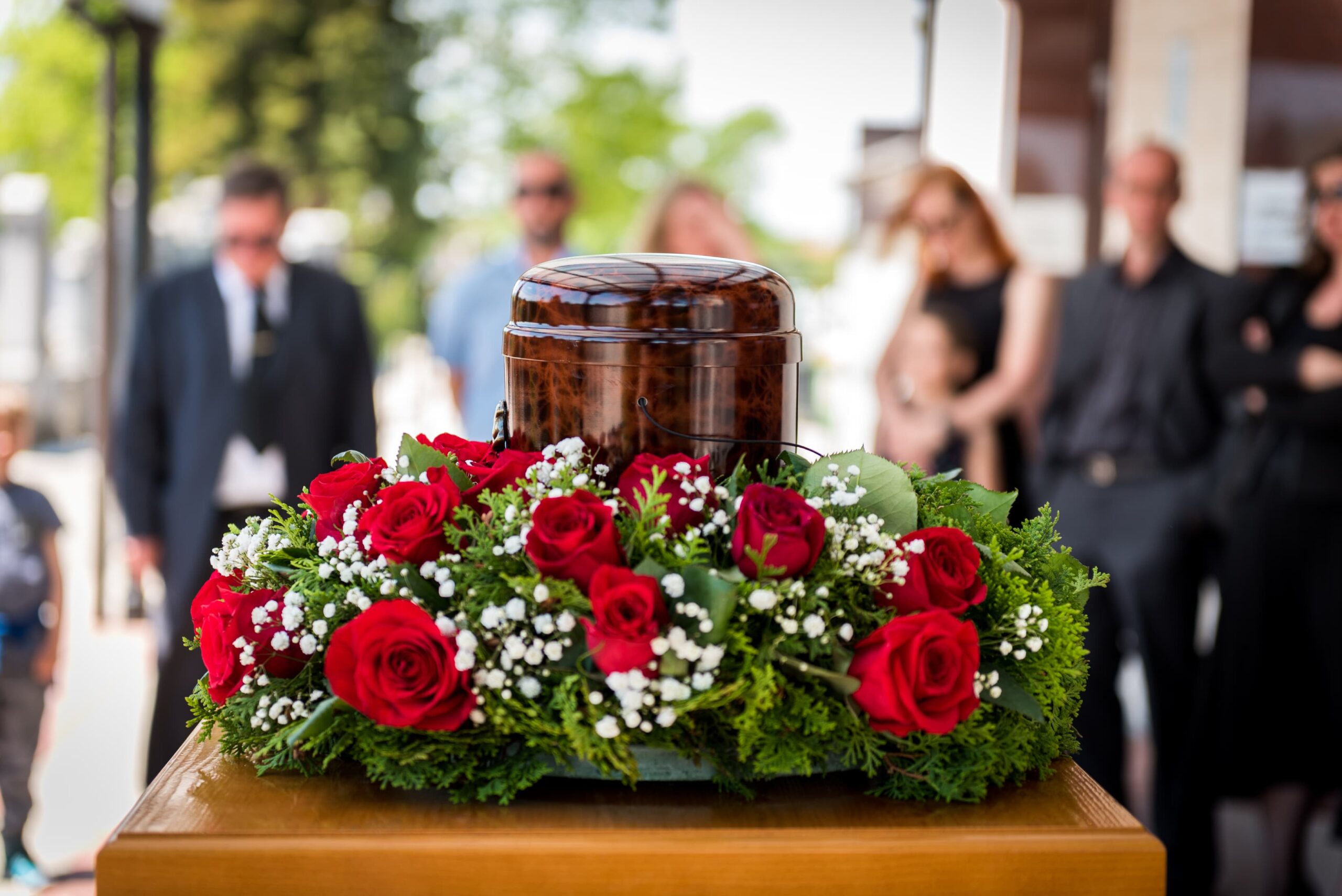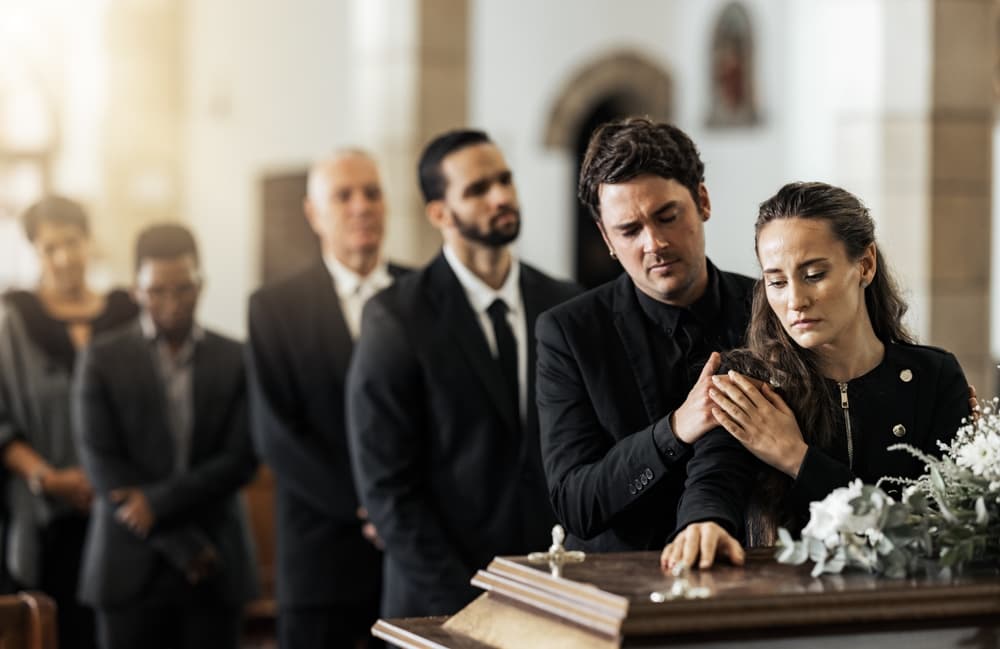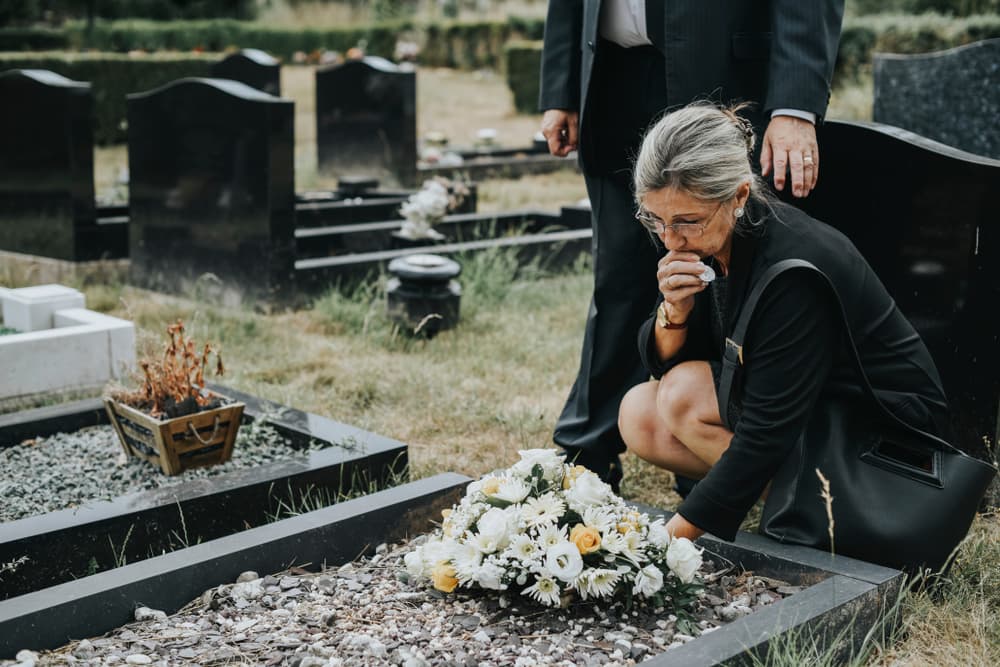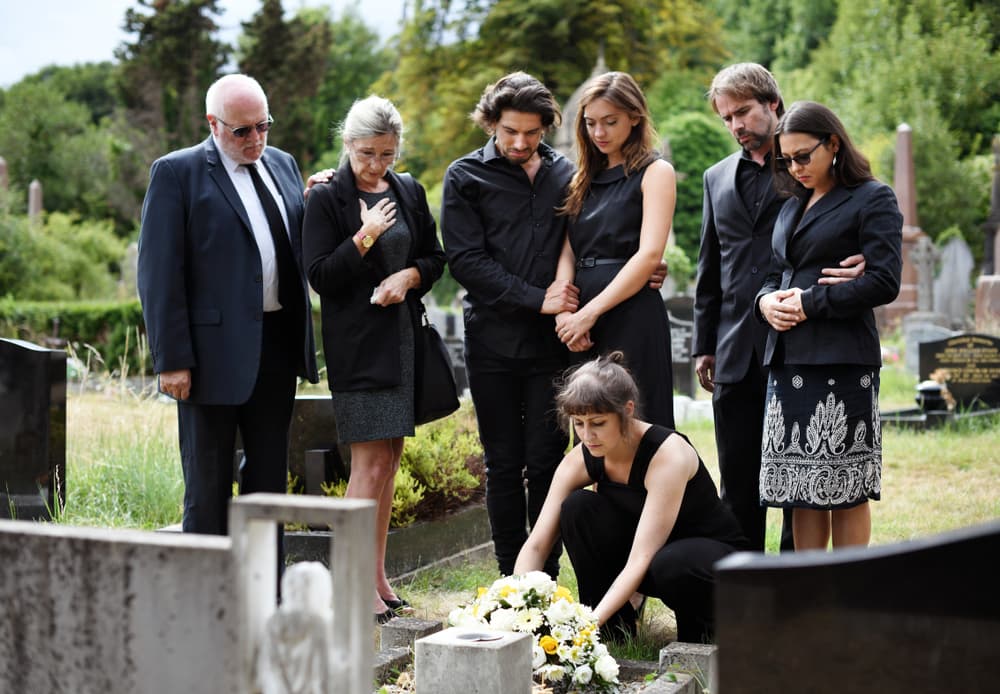Funerals are a delicate time for friends and families, and you never know how to approach the deceased’s loved ones. Of course, you want to tell them about the joy the person brought you and the memories you shared together, but what if you want to provide the bereaved with a little something extra?
Often attendees want to provide the deceased’s loved ones with a donation to help towards the funeral or a gift to show their condolences. But are these appropriate, and if so, what should you send, and when is the right time to do so?
Continue reading this guide to learn the dos and don’ts of donations for funerals and gifts.
Are donations appropriate?
Yes, of course. The deceased’s loved ones will appreciate any contribution you can make towards their funeral and keeping their memory alive, especially if they have requested it. However, don’t feel like you should donate more than you can afford. If you’re concerned about how much to give for funerals, they aren’t going to care about how much you’re actually donating but more about the fact you are keeping them in your thoughts.
There is no obligation to make a donation as well, so don’t feel like you have to if you simply cannot afford it. Sometimes the friends and family of the person who has passed will not need donations for the funeral but rather ask that you make a financial contribution to a charity or organization in their memory.
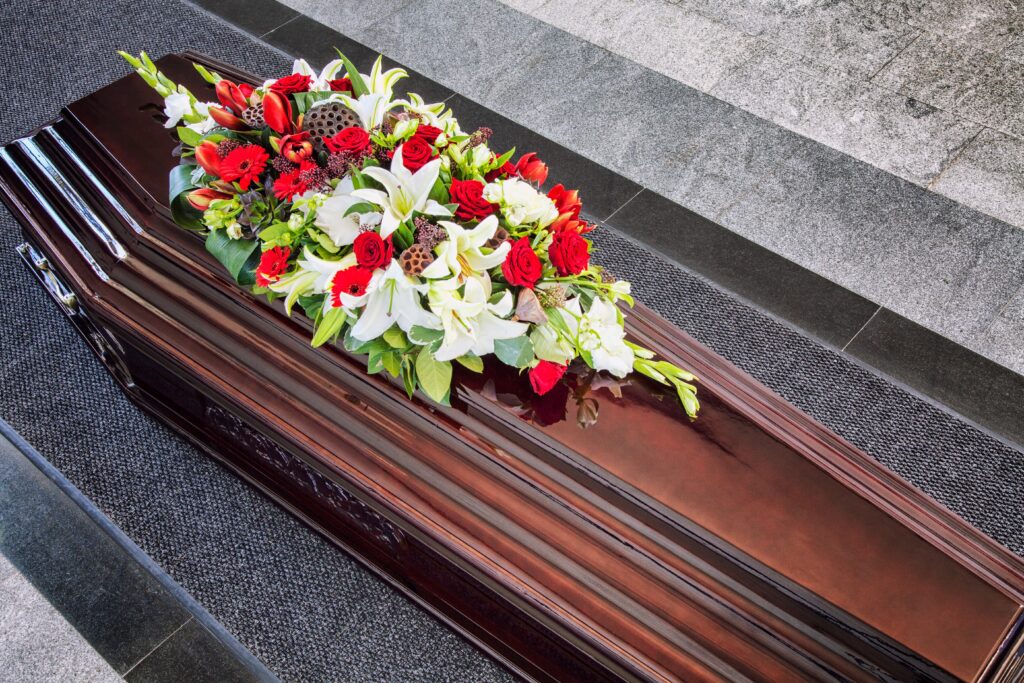
Are sympathy gifts appropriate?
Similar to funeral donations, sympathy gifts are always appreciated, to a degree. Most of the time, the deceased’s loved ones will focus on keeping their memory alive and sharing past stories. Therefore, it might be best to think of a gift that will remind them of their loved one, such as a framed photo or something unique.
There isn’t much point in spending your money on something the friends and family won’t use, such as a stuffed teddy bear that says ‘I’m sorry for your loss’. They will be reminded of the pain each time they see it. Instead, focus on a memorable gift, something that will make their lives easier while they grieve, such as a meal or a donation.
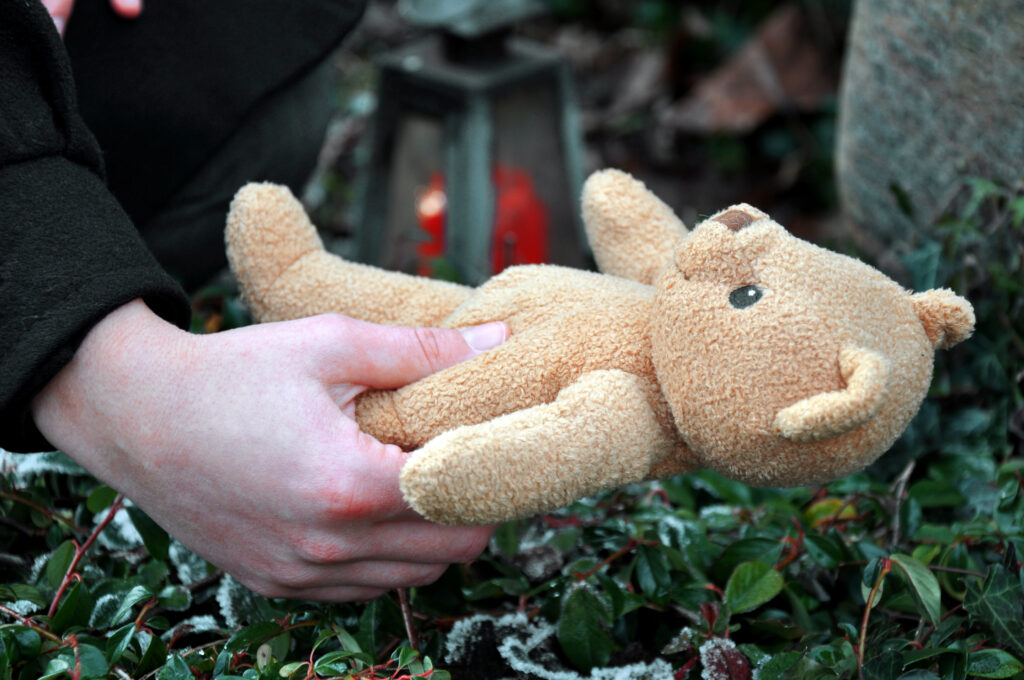
When should I donate?
The best time to make a funeral donation is when you first hear about the deceased passing away or when the family has requested some financial help. This is often released within the first few days of the birth, and you can find out via social media, newspaper, or directly from a loved one if you were close.
Most of the time, the family will state how you can make the donation. They may have set up a GoFundMe or put their bank details up for you to use. They might also state if they want cash on the day of the funeral.
If you can only make the donation after the funeral, try not to make it any later than seven days after.
When should I send a sympathy gift?
A sympathy gift’s timeline is around the same as a donation. However, you may have to come into contact with the family to give it to them, so you might not want to do it straight after the death to give them some space. It might be best to give it to them just before the funeral or slightly afterward. Avoid giving them a gift on the day of the funeral because they will be overwhelmed and have a lot more to deal with.
If you order the gift through a company, you can stick to the same timeline as the donations, as it will be delivered directly to them. Are sympathy gifts wrapped?
Most of the time, a sympathy gift will arrive via delivery through an online company, so it doesn’t need to be wrapped. If not, the company will handle it themselves. However, if you have purchased the gift yourself and will be handing it to them in person, you can wrap it.
Make sure the wrapping is tasteful in something like plain silver paper and other neutral ribbons and flowers. It should look special and thoughtful for the family to unwrap. However, this may not be relevant for meals or flowers.
Should I expect a thank you card?
When you’re giving a gift or donation to the bereaved, circumstances are completely different. They are overwhelmed and dealing with lots of cards, calls, and gifts, all while trying to handle their own grief. Therefore, this means you may not necessarily receive a thank you card for your funeral donation or sympathy gift.
However, don’t let this put you off from sending something. They will still greatly appreciate the sentiment; they just may not have the capacity to word it to you through a thank you card at the time.
